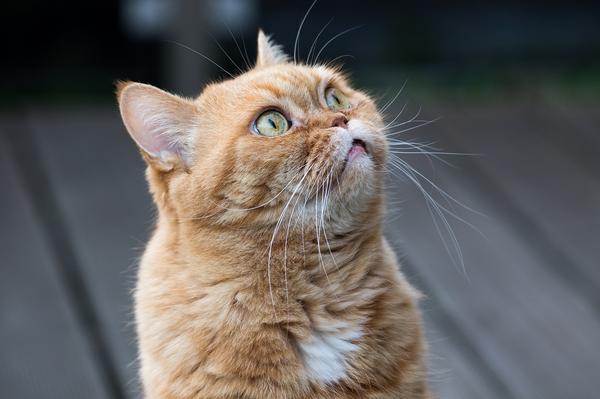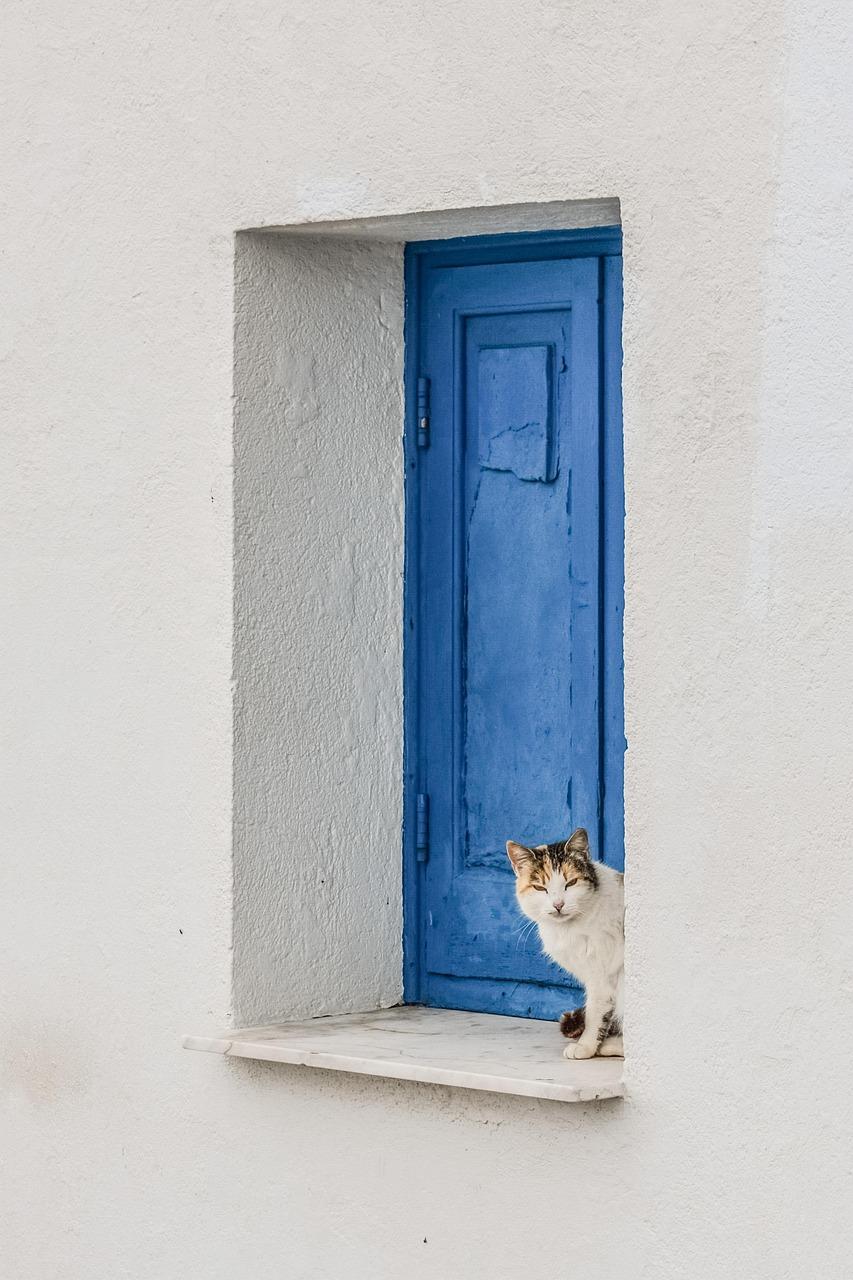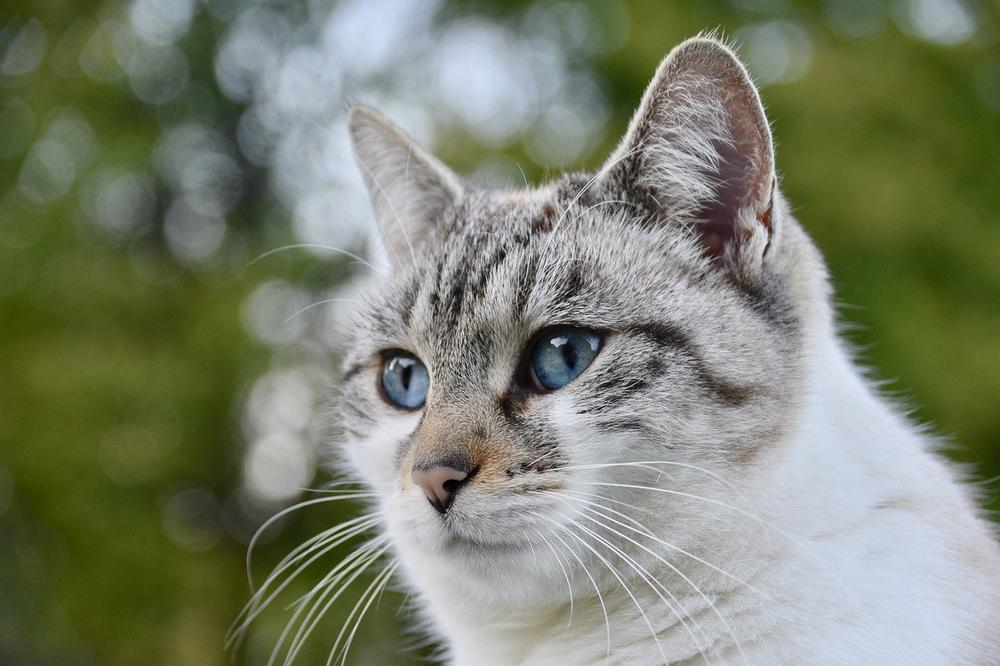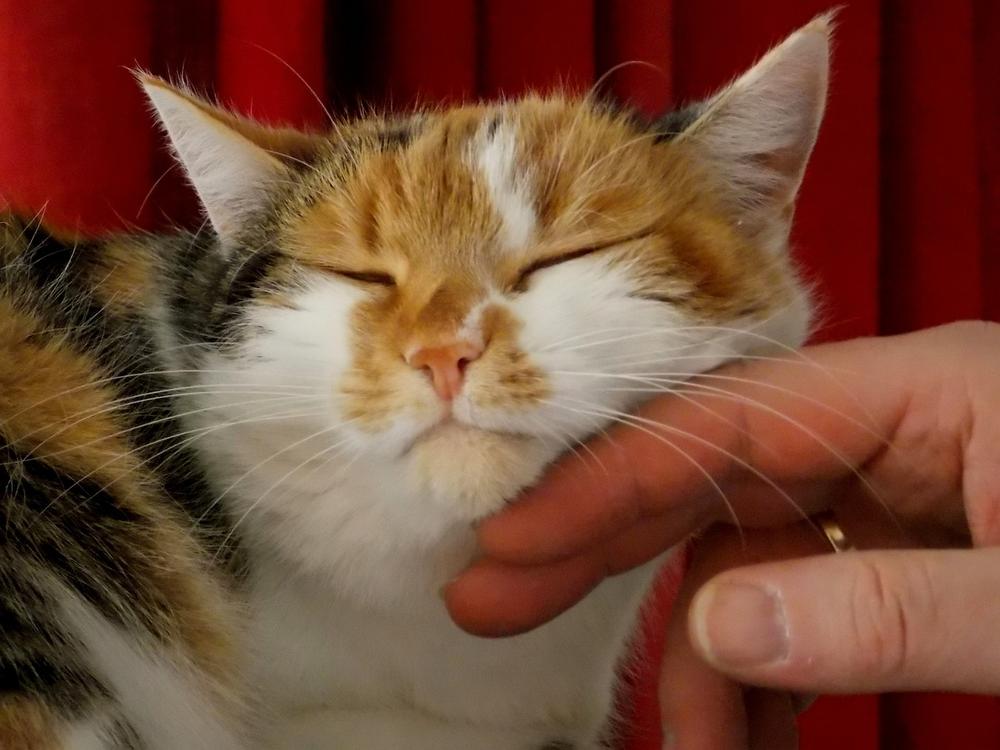Why Do Cats Purr When They Are Dying? (Poignant Truth)

Let me know if you agree:
Losing a beloved furry friend is like a punch to the gut.
The sadness, the emptiness, the longing for just one more purr... 😢
It's painful beyond words.
But hey, why do cats purr when they're dying?
Let's find out together, shall we?
The Role of Purring in the Dying Process of Cats
Purring serves as a self-soothing technique for cats nearing the end of their lives, helping them regulate breathing and find comfort. It also reduces stress levels for both cats and their owners, serving as a means of communication and comfort, even for mother cats and their kittens.
Purring, my friend, plays an important role when a cat is nearing the end of its life.
You may be wondering, why do cats purr when they're about to die?
Well, let me give you the answer.
When cats purr during their final moments, it helps them regulate their breathing and find some comfort amidst the difficult times.
It's like their own self-soothing technique to alleviate any discomfort they might be experiencing.
But purring serves not only the cats themselves but also as a means of communication with us humans.
The low-frequency vibration produced by purring can actually reduce stress levels and bring a sense of well-being to both cats and their owners.

Isn't that fascinating?
And we mustn't forget about mother cats.
They use purring as a way to provide comfort to their kittens as well.
It's like a language of love that transcends boundaries.
Therefore, you see, purring goes beyond being just a sound.
It is a tool that cats utilize to cope with their circumstances and find solace in their final moments.
Truly, it is a beautiful thing.
Main points I'll expand upon further down this article:
- Purring can provide comfort and soothing to dying cats.
- Signs of a dying cat include loss of appetite, weight loss, and lethargy.
- Isolation behaviors and changes in behavior indicate a cat nearing the end.
- Respond to purring with gentle strokes and create a quiet space.
- Signs of fragility and lack of interaction require immediate veterinary attention.
- Consider factors like quality of life and medical requirements when deciding euthanasia.
- Purring can be a coping strategy for cats dealing with discomfort.
- Seek veterinary advice if a cat appears to be in pain while purring.
- Frailty signs include not using the litter box and refusing to eat.
- Euthanasia can be a humane option for cats suffering from terminal illness or chronic pain.
And as I learn more about the significance of purring in a cat's final moments, I can't help but feel a deep sense of connection and compassion for these beloved creatures.
But how can we recognize when our cats are approaching the end of their lives?
What Does It Mean When a Cat Purrs in Its Final Moments?
When a cat is in its final moments, the act of purring goes beyond its usual meaning.
It becomes a poignant plea for connection and solace from their adoring owner.
This gentle vibration conveys their longing for your reassuring presence.
But it doesn't stop there...
Purring also serves as a physical therapy, fortifying their muscles and releasing endorphins that alleviate any discomfort they may be enduring.

Let me make something clear...
There are telltale signs that indicate when a cat's life is nearing its end. These indicators include a loss of appetite, weight reduction, increased lethargy, behavioral or physical changes, difficulty breathing, and a decrease in body temperature.
And wait, there's more...
If your cherished feline exhibits reduced eating habits, weakness in the hind legs, longer periods of rest, unkempt fur, or emits an unpleasant odor, it may suggest that their journey is approaching its conclusion.
In times like these, you should shower them with extra affection and undivided attention.
Accompany them through every stage of their final voyage.
Understanding the Emotional Connection between Cats and Their Owners during the Dying Process
Understanding the emotional connection between cats and their owners during the dying process is a delicate topic.
It involves recognizing the significance of touch, physical proximity, and effective communication.
Here are some key points to consider:
- Cats may seek comfort through gentle strokes, closeness, and vocal cues from their owners.
- They may exhibit isolation behaviors, seeking solitude and hiding as they approach their final days.
- Providing love, comfort, and necessary medical care is important, including responding to their purring with gentle strokes and calm words.
- Creating a quiet and serene space, respecting the cat's choice to hide or become more reliant, is crucial.
- Cats in their final days often seek peaceful and isolated areas to rest.
- Recognizing changes in behavior and symptoms like increased independence or clinginess, vision loss, lack of interaction, skipping meals, decreased appetite, or inability to move is essential.
- Immediate veterinary attention is required in such cases.
- The decision of euthanasia for a dying cat should consider factors like quality of life, medical requirements, and impact on the family.
- At-home euthanasia services by a veterinarian may be an option.
By comprehending and attending to these emotional requirements, you have the ability to offer assistance and solace to your cherished cat companion amidst this challenging period. ✨
And here's the fascinating part...
While cats may continue to purr even when in pain, it can actually serve as a form of communication and self-soothing.
But what about other behaviors and signs that could indicate potential health issues?
Let's explore them in the next section...
Can Cats Purr When They Are in Pain?
Cats can indeed purr when they're in pain, as purring is a way for them to communicate stress and discomfort. It can help them relax, relieve pain, and soothe themselves. If a cat's purring is unusual or accompanied by other signs of pain, you have to consult a vet.
Yes, I want to talk to you about why cats can purr even when they're in pain.
Let me tell you, they definitely have the ability to do so.
Purring is not just a sign of happiness for cats, it can also happen when they're uncomfortable.
Now, you might be wondering why this happens, so let me explain.
Cats have an instinctual behavior of purring that helps them cope with their pain.
You see, purring is a way for cats to communicate and express their stress or discomfort.
In fact, it can actually make them feel more relaxed, relieve pain, and help them soothe themselves.
So, don't assume everything is fine if your cat is purring.
If you want to know if they're in pain, pay close attention to their purring.
It gives important information about their well-being.
If your cat is purring strangely or showing signs of pain, it's best to consult a vet. Understanding why your cat is purring can help identify potential health issues early on.
But here's something I really want to emphasize - don't ignore any red flags.
If your cat's purring is accompanied by difficulty breathing or other unusual signs, it could mean there are respiratory problems or serious health concerns that require immediate medical attention.
Things like trouble with vision or breathing should never be taken lightly.
Common Misconceptions About Cats Purring While Dying
| Misconception | Explanation |
|---|---|
| Cats always purr when they are dying | Not all cats purr while dying, as purring behavior varies among individual cats. |
| Purring is a sign of pain or distress | While purring can be observed in cats experiencing pain or distress, it can also be seen in various other situations, including during the dying process. |
| Cats purr to seek comfort | Purring during the dying process may serve as a coping mechanism or a way for cats to seek comfort. However, not all cats may exhibit this behavior. |
| Purring always indicates contentment | Although purring is commonly associated with contentment, it can also be observed in cats during times of illness, injury, or when nearing the end of their lives. This indicates that the emotional state of a cat cannot be solely determined based on purring alone. |
| Purring guarantees a peaceful death | While some cats may purr during their dying process and have a peaceful death, the presence or absence of purring does not guarantee the manner in which a cat will pass away. Each cat's experience may differ and depend on various factors. |
All cats purr while dying, right?
Well, let me tell you, that's a common misconception.
Purring behavior can actually vary among individual cats.
Some cats may choose to purr in their final moments, while others may not.
So don't automatically assume that all dying cats will purr.
When a cat is nearing the end of its life, it often exhibits signs of frailty.
This could mean not using the litter box properly or refusing to eat.
They become more sedentary and lose interest in playing or exercising.
And let me tell you, those are red flags you shouldn't ignore.

Now, cats have different types of purring, each with its own meaning.
So pay attention!
Some cats may purr when they're seeking comfort or reassurance.
It could be a way for them to cope with pain or discomfort.
When it comes to euthanasia, it's a humane option for pets that are suffering from terminal illness or chronic pain.
If your dying cat shows signs of lethargy, loss of appetite, a disheveled coat, or hair loss, it's time to consult a vet. These symptoms could indicate an underlying health problem.
You have to remember that cats purr for various reasons. They purr when they receive affection, during grooming sessions, and even when they want food or attention.
But purring alone is not a definitive sign that a cat is dying.
If you have a dying cat that has lost interest in grooming and is experiencing hair loss, you ought to seek veterinary advice.
They can provide options to make your cat's final days as comfortable as possible.
And that wraps up today's article.
If you wish to read more of my useful articles, I recommend you check out some of these: How Long Does It Take for a Cat to Die if It Stops Eating, How Long Can a Cat Survive Locked in a Shed, When to Put Your Cat Down the Complete Checklist, How Long Can a Cat Go Without Water, and Did I Put My Cat to Sleep Too Soon
Talk soon,
-Sarah Davis